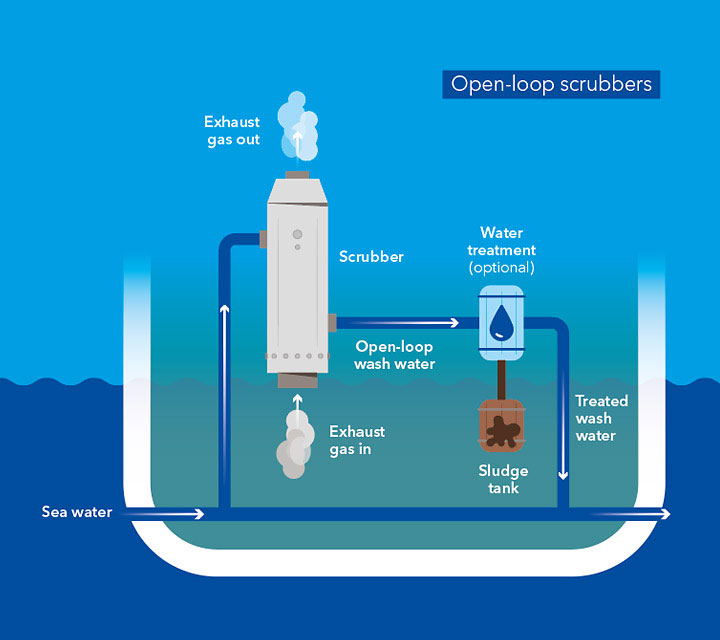 Carnival Corporation today announced the launch of a new dedicated Advanced Air Quality Systems website that features relevant background information, videos, animations, photos and graphics to highlight the environmental benefits of Advanced Air Quality Systems (better known as scrubbers).
Carnival Corporation today announced the launch of a new dedicated Advanced Air Quality Systems website that features relevant background information, videos, animations, photos and graphics to highlight the environmental benefits of Advanced Air Quality Systems (better known as scrubbers).
The website is available at http://carnivalaaqs.com/
In a statement, the company said the systems enable overall cleaner air emissions from ships both at port and at sea.
“These systems are proven to be a safe and effective solution for compliance with International Maritime Organization (IMO) 2020 regulations for sulfur, while also meeting international air and water quality standards,” Carnival said, in a press release.
The new website features key facts, figures and performance results that detail how Advanced Air Quality Systems work in the small confines of a cruise ship, using sea water to remove virtually all the sulfur from engine exhaust, preventing it from entering the atmosphere, improving air emissions and supporting sustainable operations in the global shipping industry.
“Our Advanced Air Quality Systems are an important part of our strategy to improve air quality in port and at sea, a strategy that also includes the use of liquefied natural gas (LNG), shore power and marine gasoil (MGO),” said Mike Kaczmarek, senior vice president for marine technology for Carnival Corporation. “Due to the success we have had improving air quality with these systems, we decided to launch a dedicated website to help educate the public on the environmental benefits of Advanced Air Quality Systems and their effectiveness as a solution for meeting and exceeding the upcoming IMO regulations, while we continue to expand the technology throughout our fleet.”
As of July 2019, the company has installed over 220 Advanced Air Quality Systems on 77 of the more than 100 ships in its fleet, with a goal of installing nearly 400 scrubber systems over time in its multi-engine ships. By 2020, the company expects 85 percent of its global fleet to be fitted with Advanced Air Quality Systems at an investment of over $500 million.




